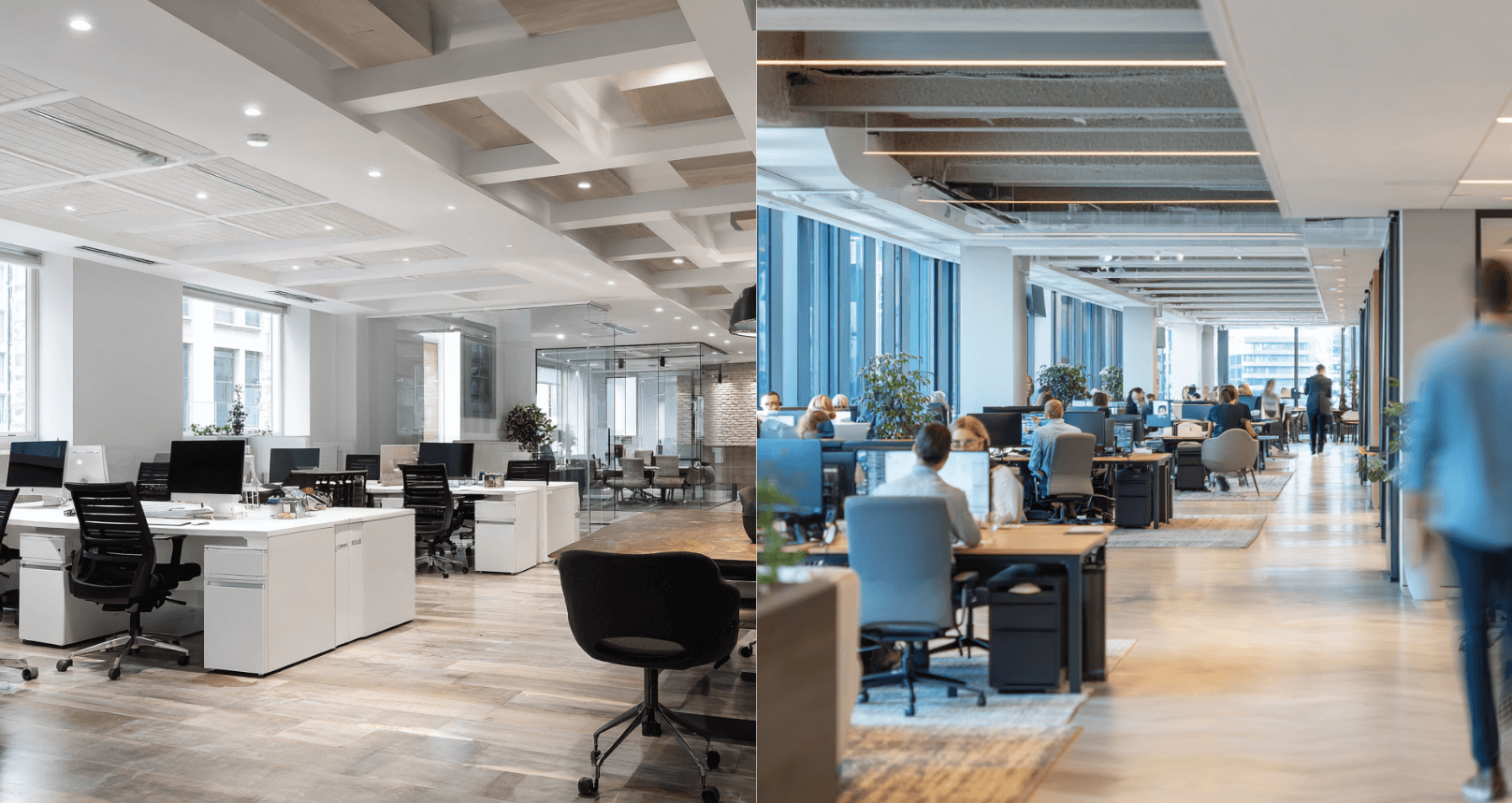Workplace evolution with Julia Calabrese, Ford Motor Company
Nellie Hayat talks to Julia Calabrese about designing a workplace culture that unleashes collaboration and innovation.

The pandemic served as a catalyst for many companies to evolve their workplace strategies. For Ford, truly evolving its approach to work meant bringing in external experts.
The workplace team brought in a think tank composed of diverse experts to understand employees’ psychological states and new needs.
“We knew this was such a big problem in a world that was rapidly changing and that we didn’t have the expertise to solve this question internally,” says Julia Calabrese, Global Design & Brand Manager at Ford Motor Company. “Out of that, we got nine guiding principles, which really shaped our future of work, our workplace policies, and really how we do business today.”
The Ford team brought in a think tank composed of diverse experts to understand employees’ psychological states and new needs.
In addition to recognizing when additional expertise is needed, Calabrese and her team also understand that design is iterative. It’s unlikely you’ll get it right the first time.
She offers three keys to developing a successful, human-first workplace, all rooted in collecting feedback:
- Get internal feedback from diverse perspectives before launching changes.
- Pilot the change in one location and gather utilization data with sensors.
- Make adjustments based on that data, coupled with employee feedback, before rolling out the updates globally.
Key Takeaways

DisruptCRE founder shares how corporate real estate is changing
Companies are moving employees from underutilized offices into "space as a service” options with utilization data.
Watch now
Half of offices are empty but you still can’t find a meeting room
Employees waste up to 30 minutes a day looking for a meeting room to meet in workplaces.
Read moreMost recent

Space waste: The industry’s naughty and nice list
Our sensors spilled the beans: What industry is winning, who's wasting and who's hogging your office real estate.
.png)
Improve your occupancy sensor RFP with our best practice guide
Discover essential questions to simplify your occupancy sensor RFP process and confidently choose the right vendor.

Does RTO actually work? A webinar debate with the data
Density’s RTO data sparks debate between a pro-office CEO and a remote-friendly workplace strategist.

A workplace love story: Phone booth meets sensor
Phone booths are booming—and occupancy sensors help companies manage and measure them with ease.
Explore other Density Products
Atlas for Workplace
Insights for the workplace that help you cut costs and deliver better spaces.
Learn more